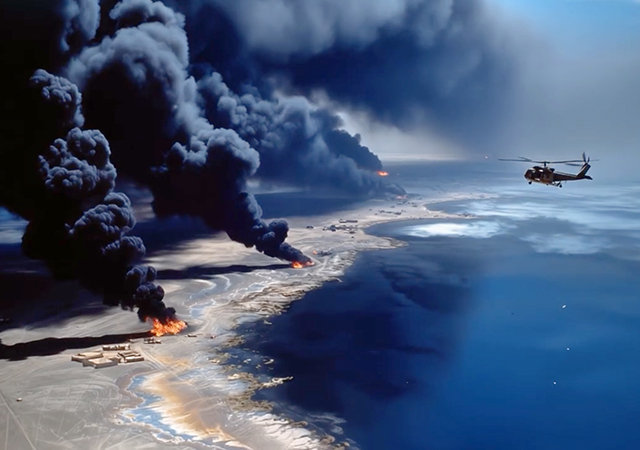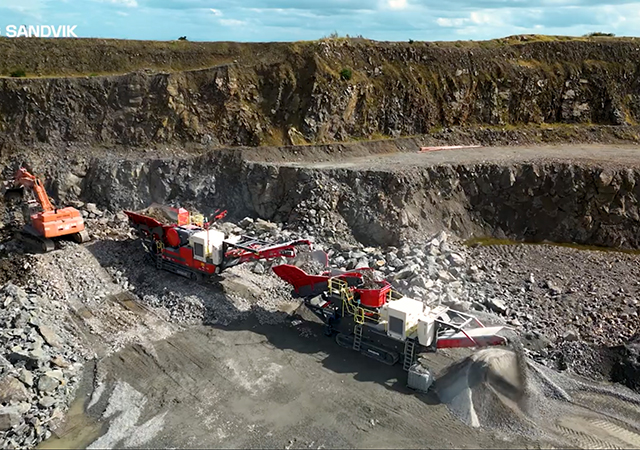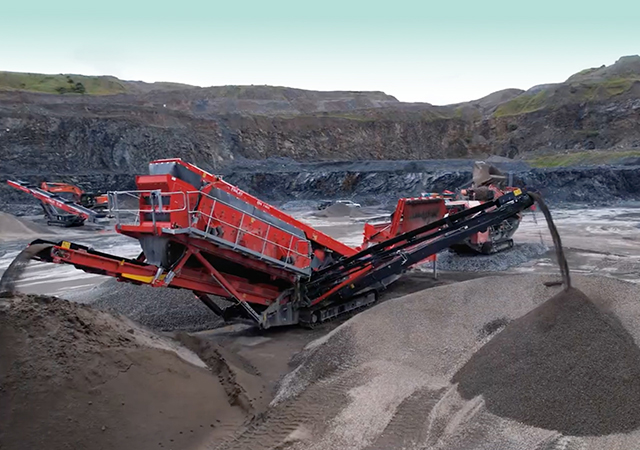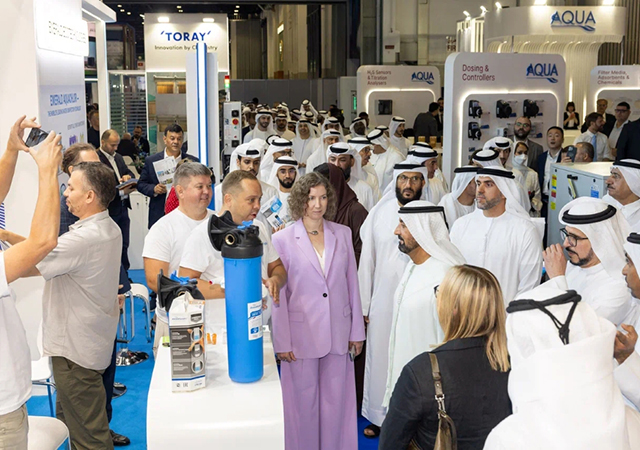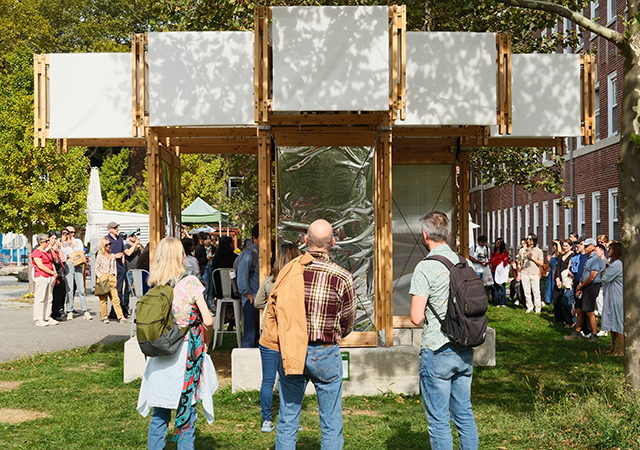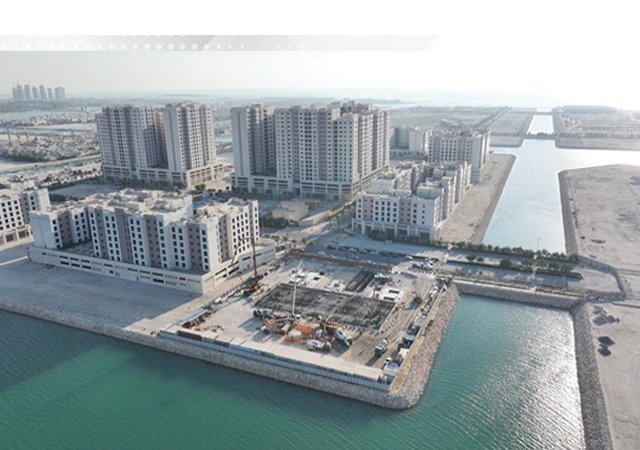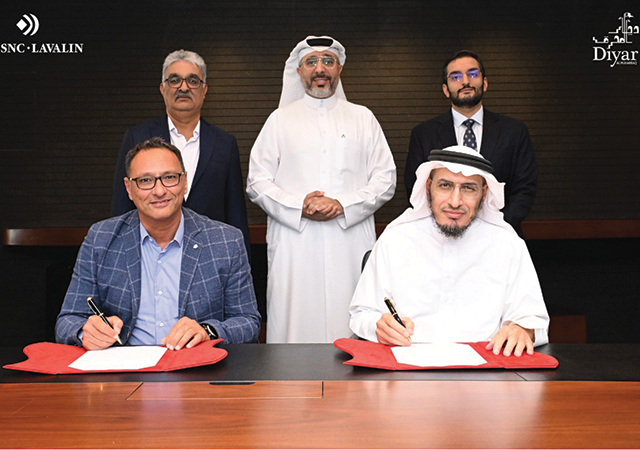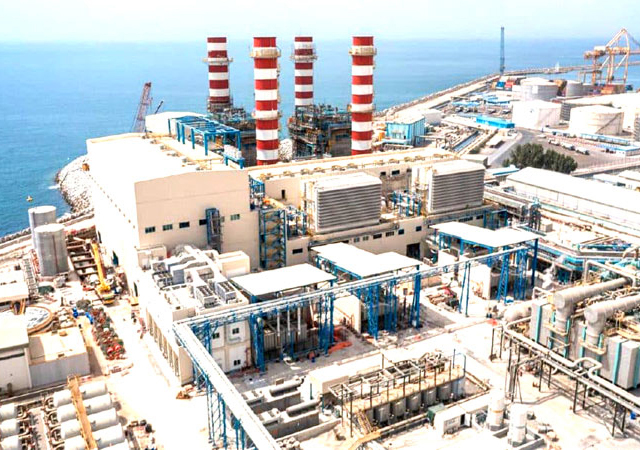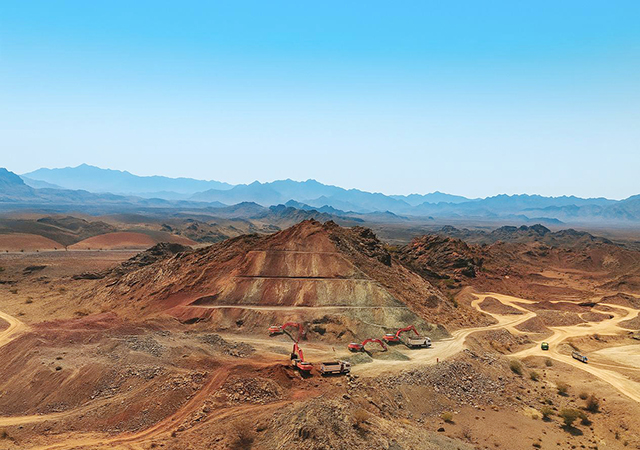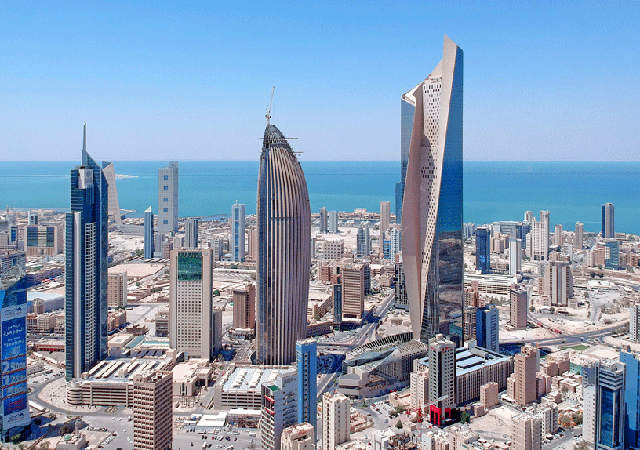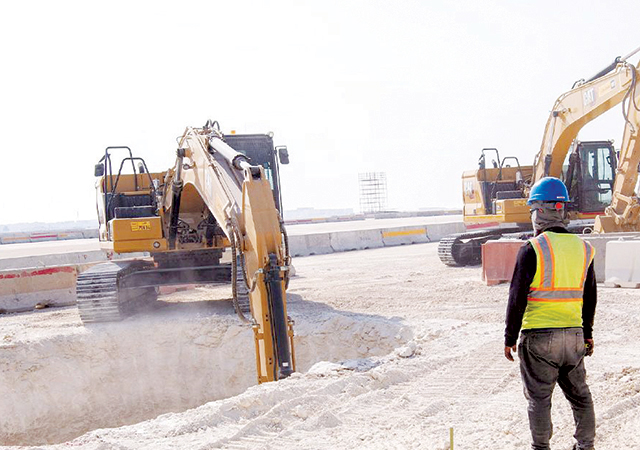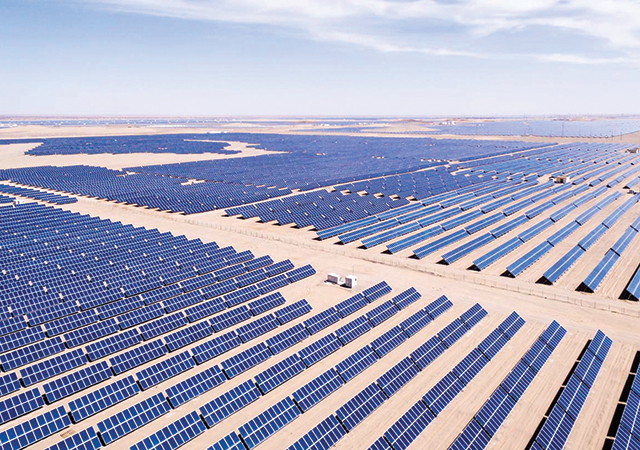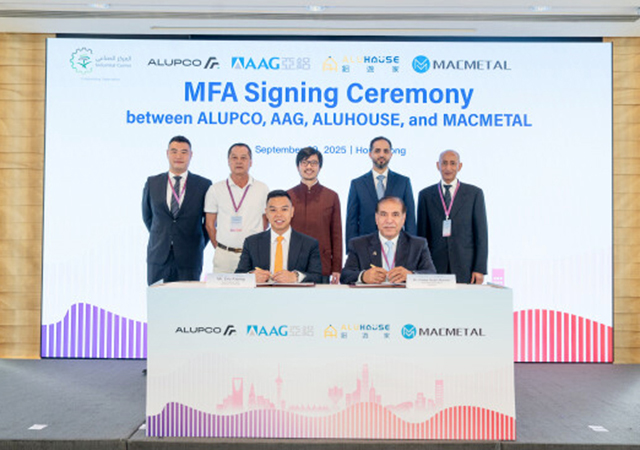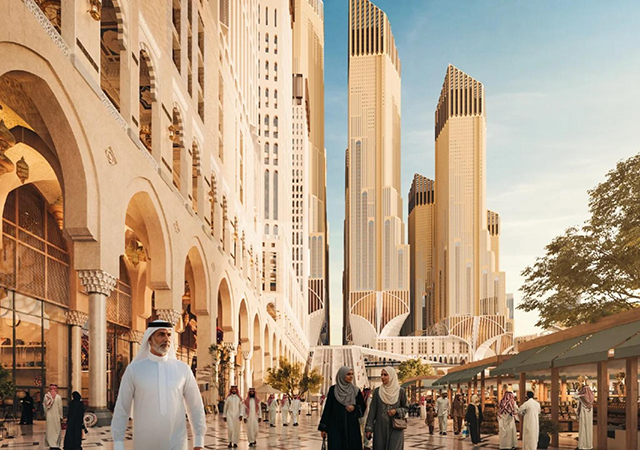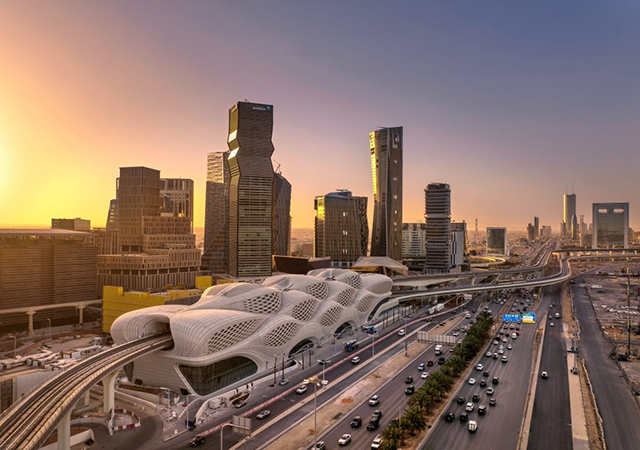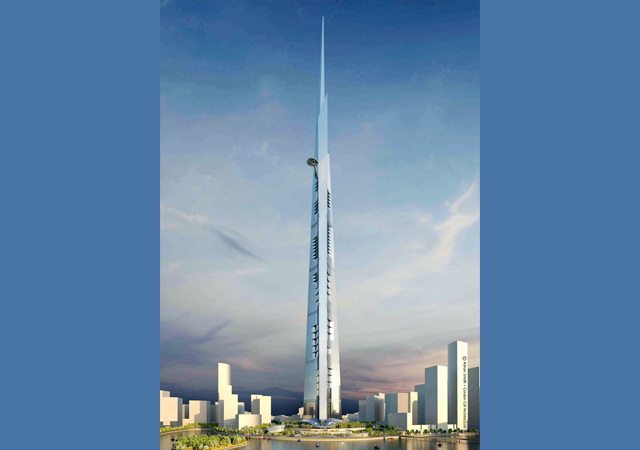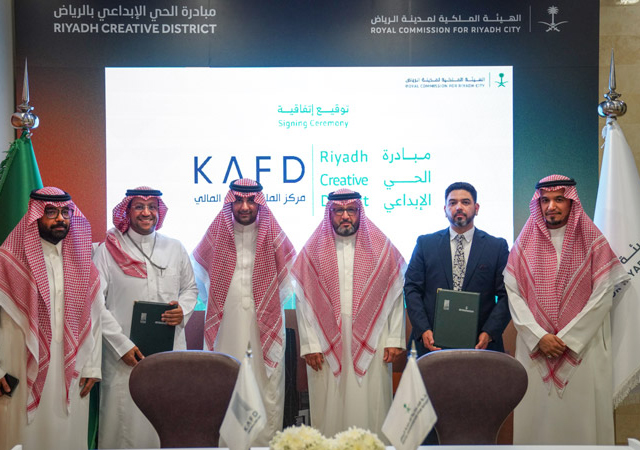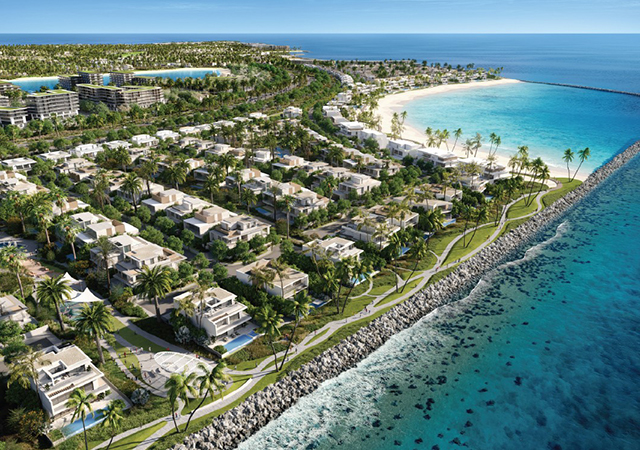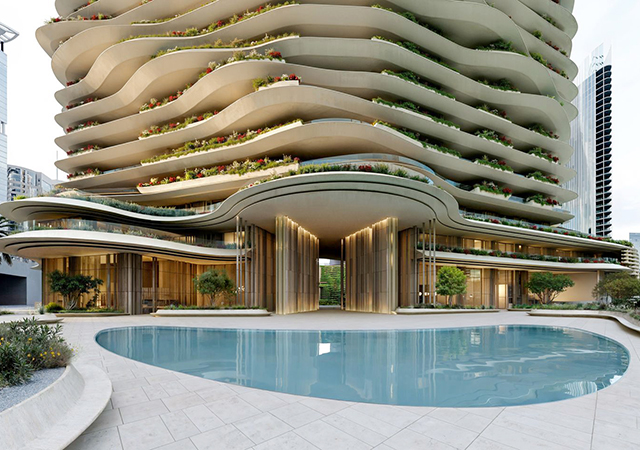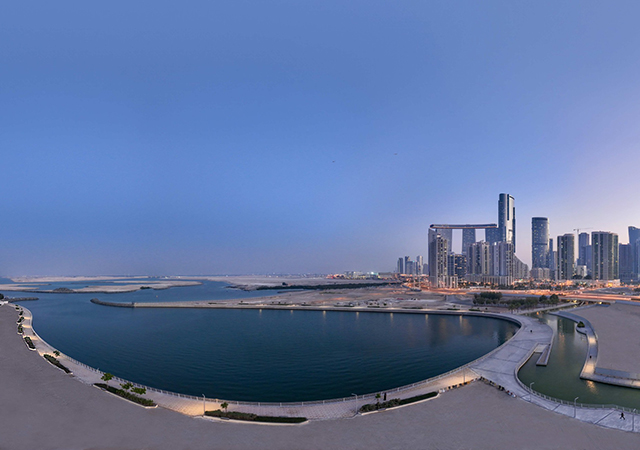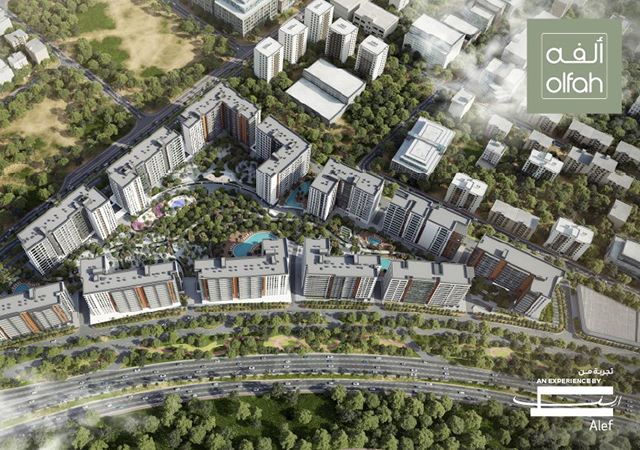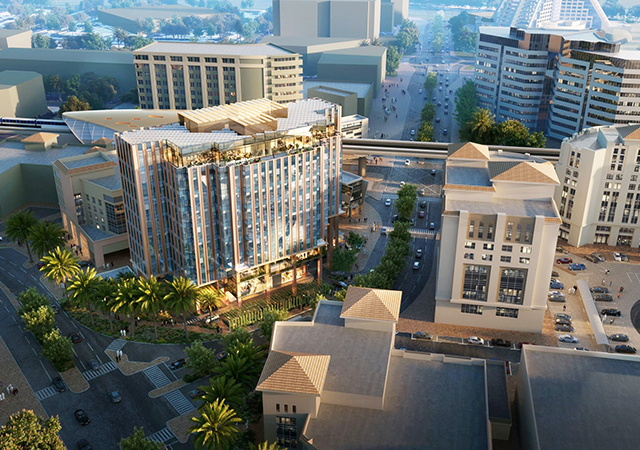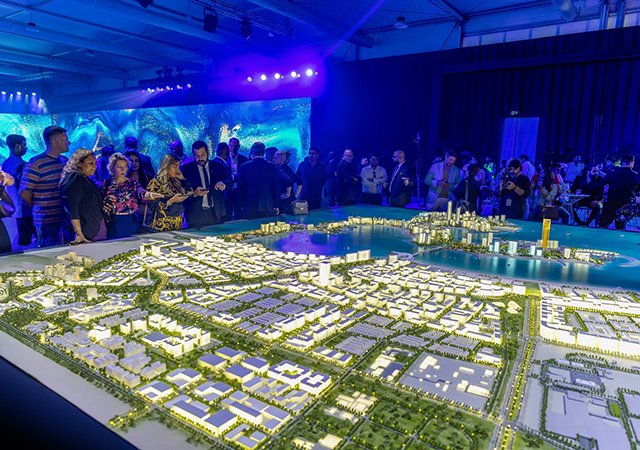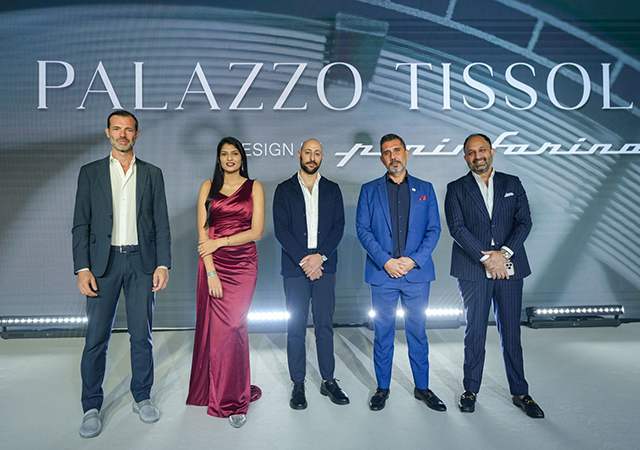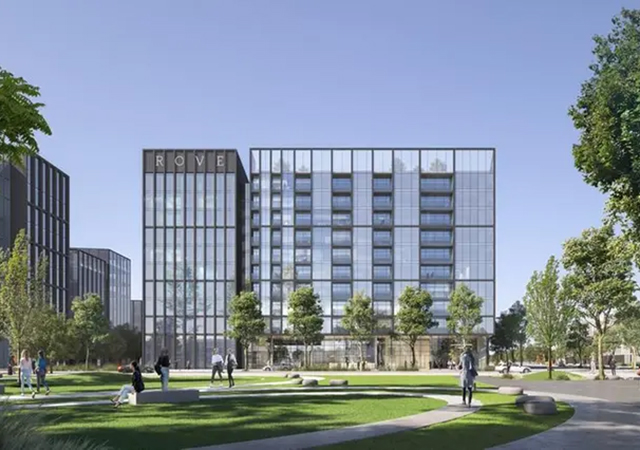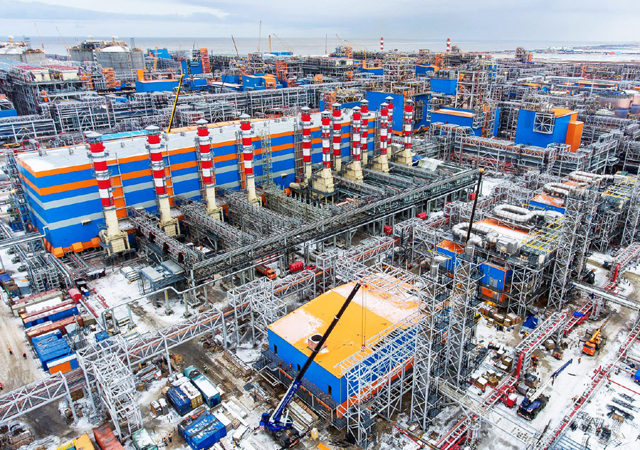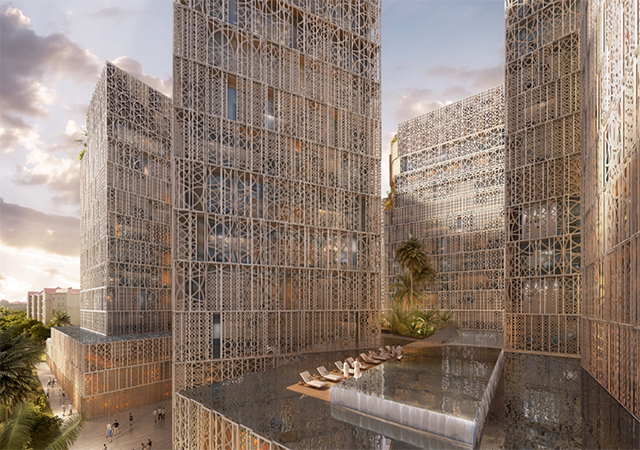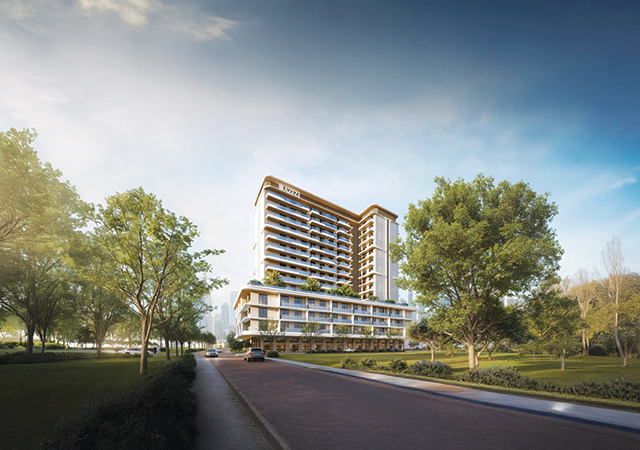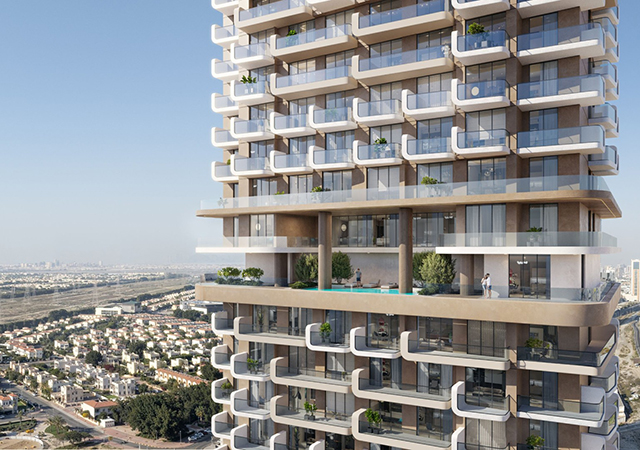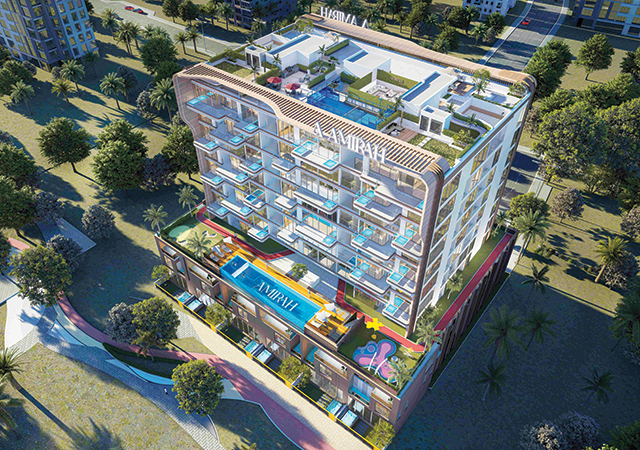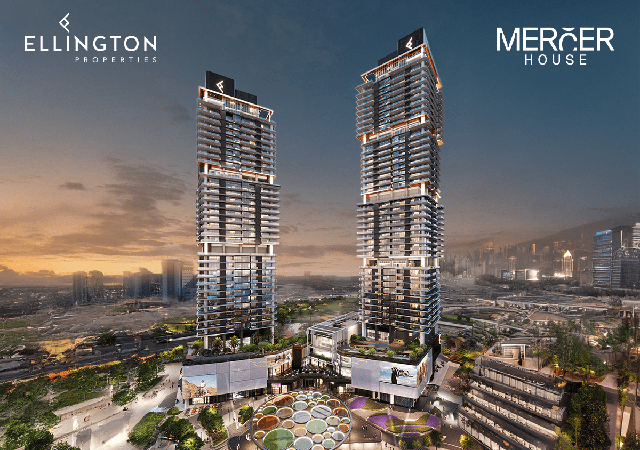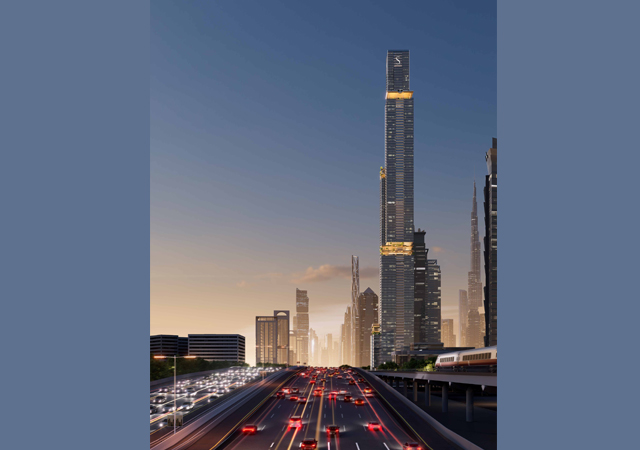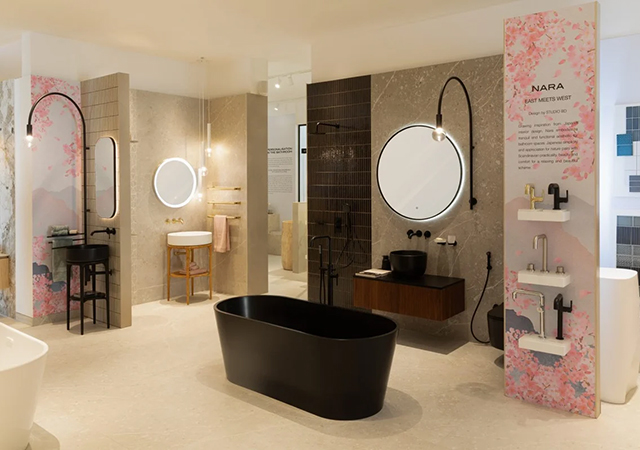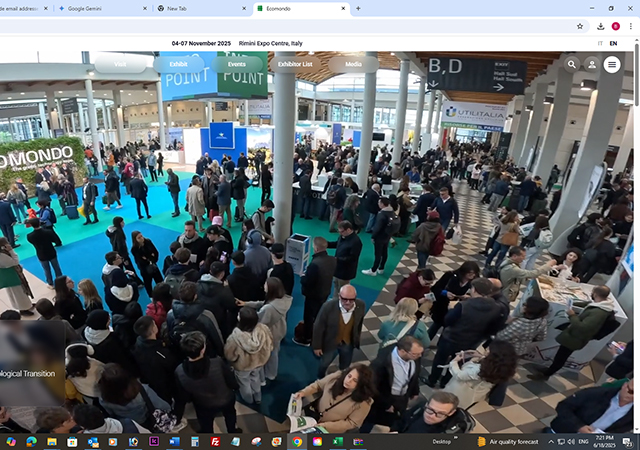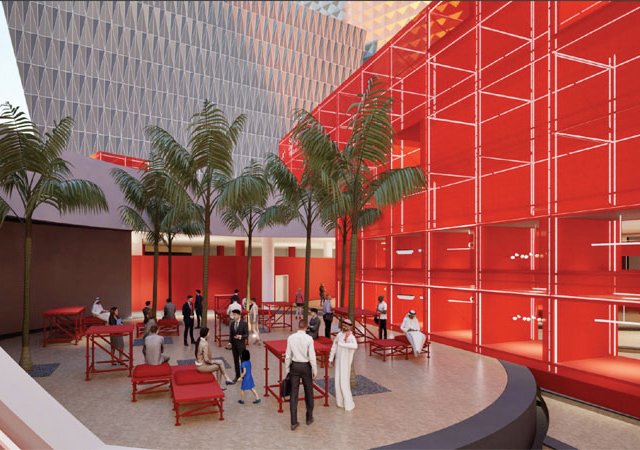
MEVA Formwork Systems declares that research has confirmed the stability and reliability of plastic formwork facing in tough, on-site practice.
The German firm says it pioneered the use of all-plastic facing in formwork by using alkus sheets – made of polypropylene and a thin sheet of aluminium for reinforcement – which are free of plywood and its associated disadvantages. It has since implemented this technology in all of its formwork systems the world over.
“Today, nine years and several million sq m of facing later, research has confirmed the stability and reliability of plastic facing in tough, on-site practice. The elimination of plywood also saves natural resources, since the all-plastic facing is 100 per cent recyclable,” says Gerhard Cselenko, Gulf-based Meva manager and chief engineer on challenging projects.
The research was carried out by the German Association of Concrete and Building Technology (DBV) and the Association of German Concrete Suppliers (VDZ) to investigate the interaction between concrete, formwork facing and release agent with regard to the concrete finish. Meva participated by submitting its standard wall formwork panels for test purposes.
“The research compared all types of facing. The all-plastic facing was the only one of its kind to achieve a continuously high-quality, homogenous concrete finish even in a used (rental) condition. A spotless track record on some of the most spectacular architectural projects speaks for itself,” says Cselenko.
The research shows that the all-plastic facing is capable of producing a high-quality (SB3 class) concrete surface even after more than 100 re-uses. It also indicates that the “all-plastic facing is the best and safest choice when a high-quality concrete finish is required every time”.
The interaction between the chemicals and additives in concrete, the formwork facing, ultraviolet-rays, weather, temperature, rain water or frost has a considerable influence on the surface quality of the concrete.
“The tests show that the all-plastic facing is immune to these interactions. Since it is not coated, it cannot lose any layers that might discolour the concrete, such as phenolic resin on plywood, which get broken down by UV rays, leaving dark stains on the concrete surface. As it does not absorb any water no “ripplings” occur; rain, snow or hot temperatures equally have no impact on the facing. No swelling, shrinking or rotting means that there is no loss of flexural rigidity.
“Also, the all-plastic facing can be repaired on site, with holes, scratches or marks being evened out using the identical polypropylene material. Thus, imprints on the concrete surface can be avoided even in case of damage on site. It is this structural and chemical neutrality that pre-destines the all-plastic facing for projects where a continuously high-quality finish is required.”
Formwork panels with the all-plastic facing can also be cleaned on site using a high-pressure washer unlike plywood-based facing which would disintegrate, he points out.
“This apart, the plastic facing is ideal for complex geometries as they can be cut, joined by welding and pre-shaped,” he concludes.



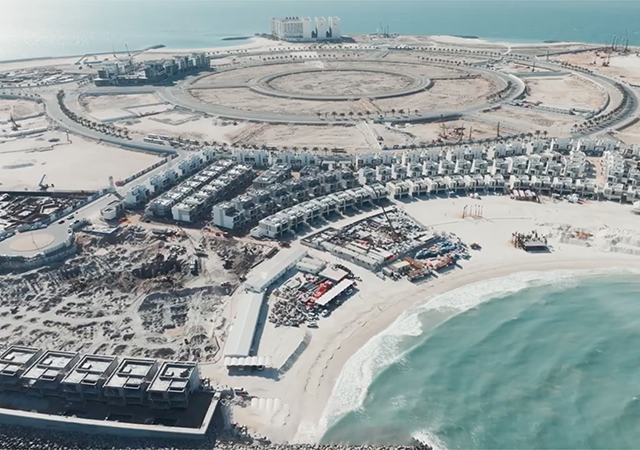

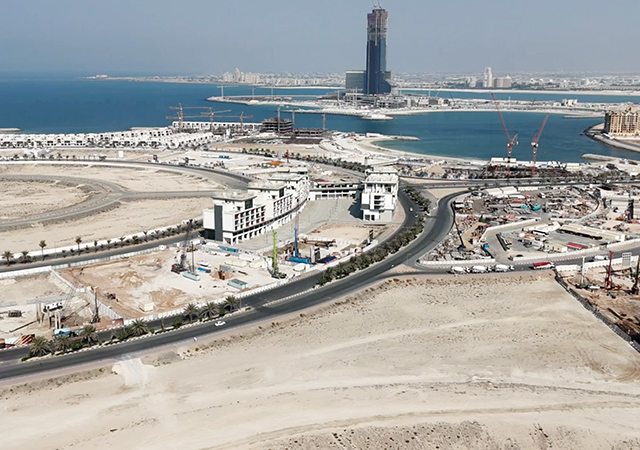
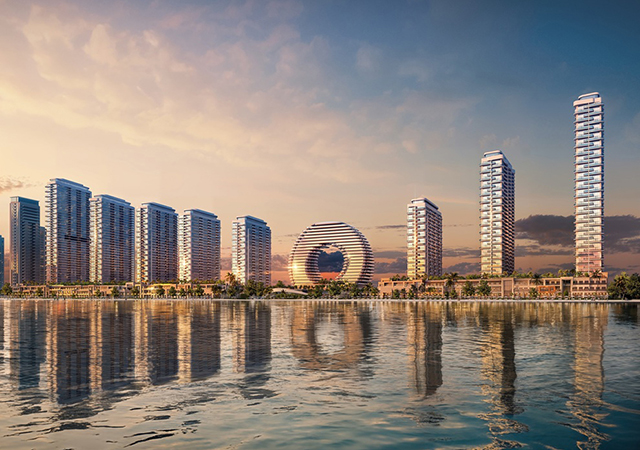
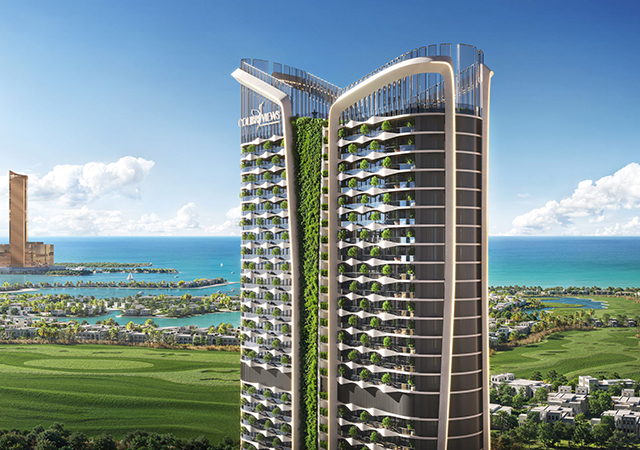
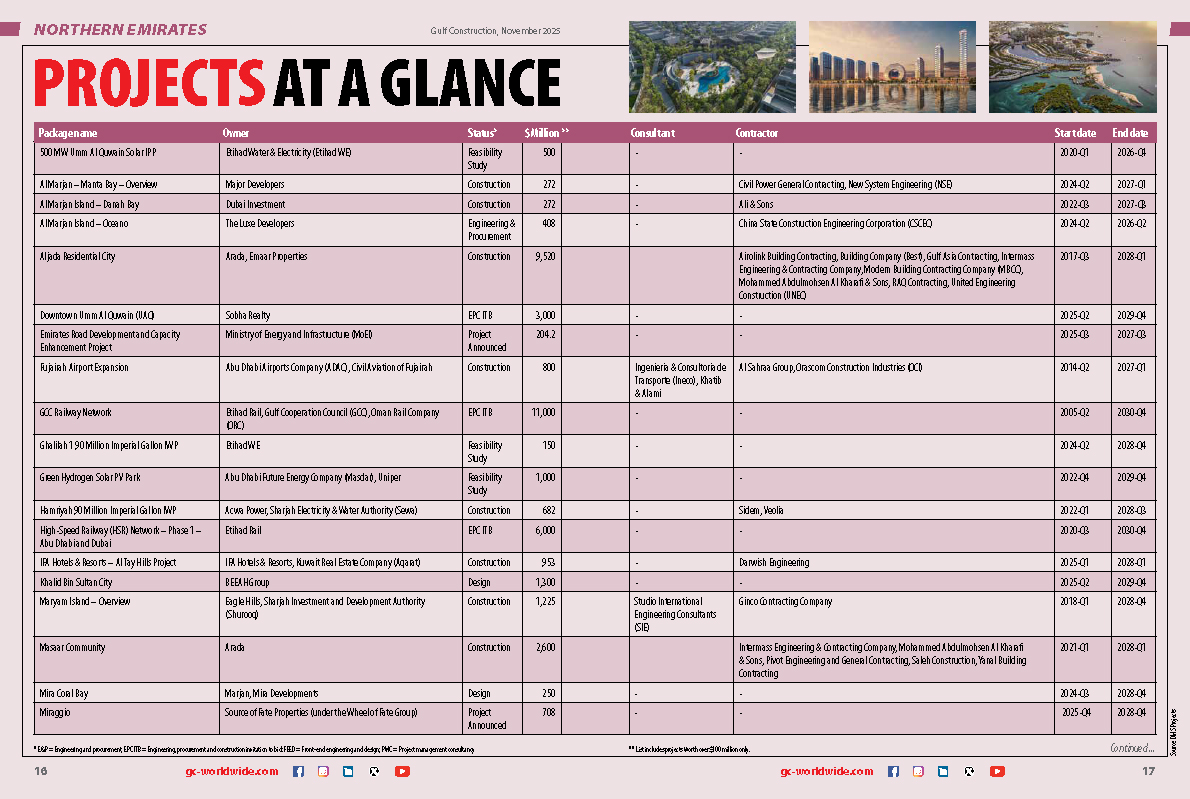
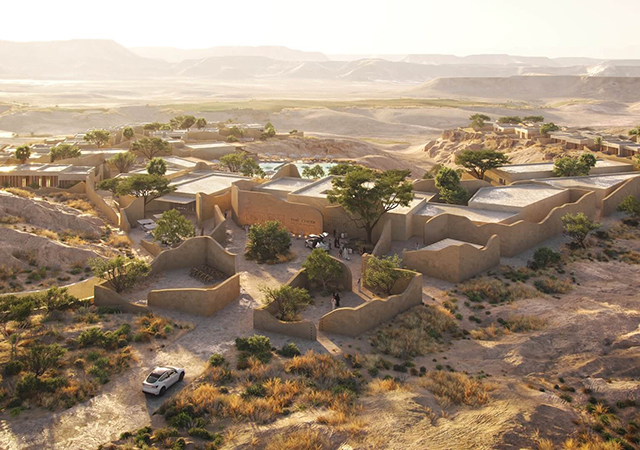
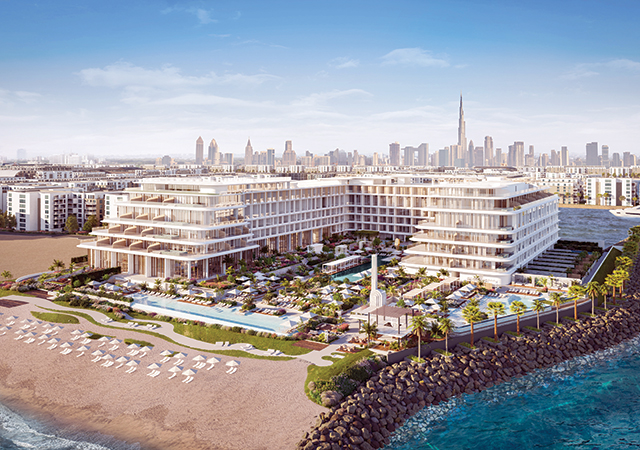


(5).jpg)
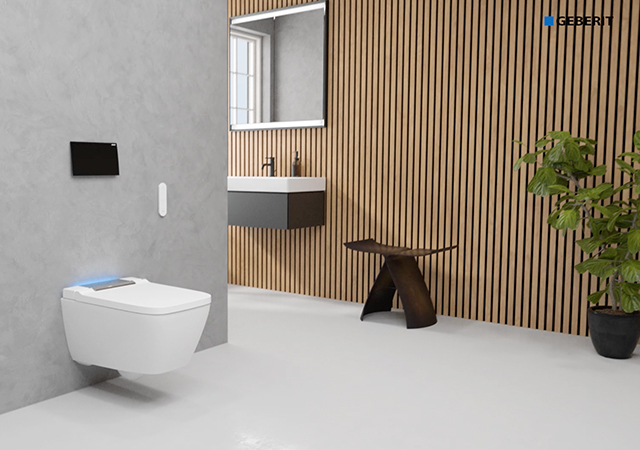


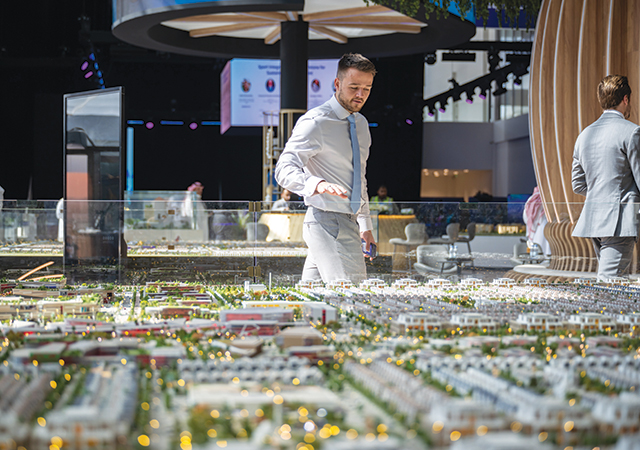
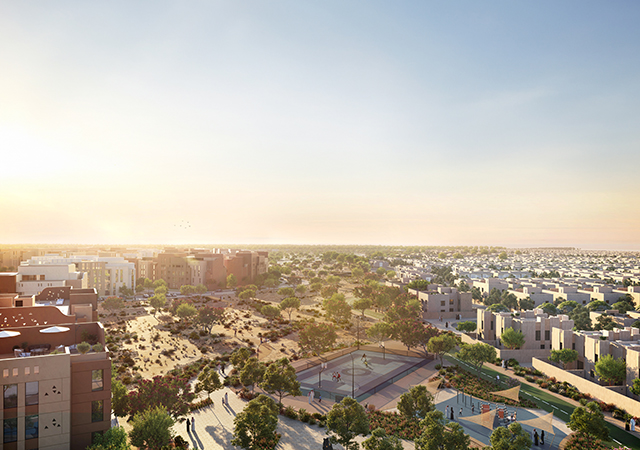
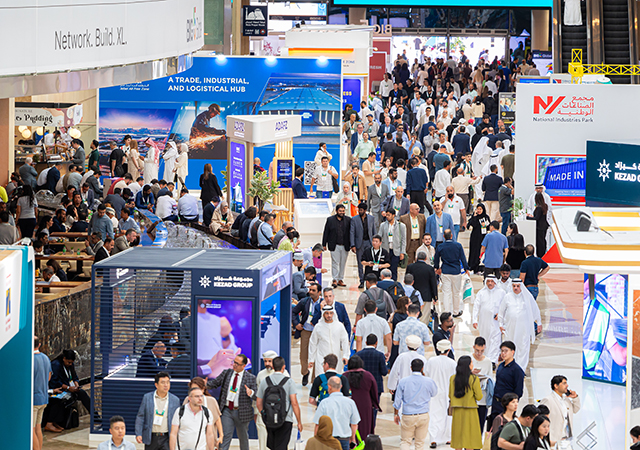
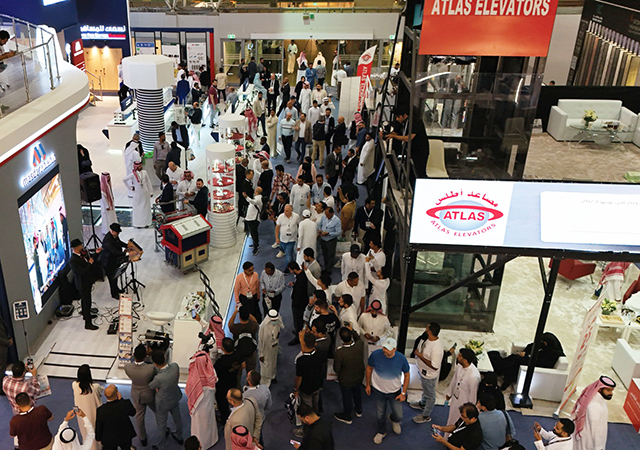

.jpg)


